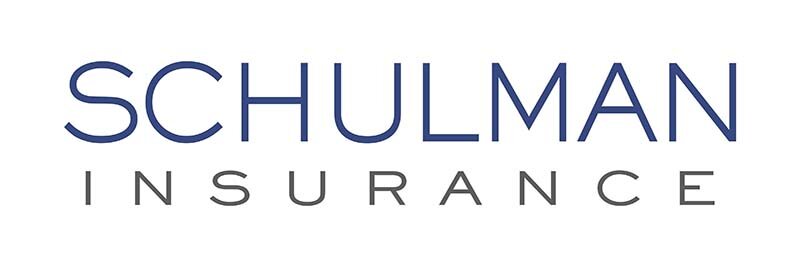Winter Action Plan to Battle COVID-19
On December 2, 2021, the Biden administration issued a nine-pronged plan to combat COVID-19 as the winter months approach and the new Omicron variant poses risk of new infections.
The plan covers:
1. Boosters for adults
2. Vaccinations to protect children and keep schools open
3. Expanded free at-home testing
4. International travel protections
5. Workplace protections
6. Rapid response teams to battle rising cases
7. Supplying treatment pills to help prevent hospitalizations and death
8. Continued commitment to global vaccination efforts
9. Steps to ensure preparation for all scenarios
Aspects of this plan will affect employers and group health plans, as follows:
• Expanded free at-home testing. The Departments of Labor, Health and Human Services, and the Treasury (collectively, the “Departments”) are directed to issue guidance by January 15, 2022, to clarify that individuals who purchase over-the-counter (“OTC”) COVID-19 diagnostic tests can seek reimbursement from their group health plan or health insurance issuer to cover the cost of the OTC test during the public health emergency.
The plan notes that, consistent with current guidance, group health plans are not required to cover testing for public health surveillance or employment purposes.
• PTO for booster shots. While all federal employees currently receive paid time off to get booster shots, employers are called upon to provide the same paid time off for their employees, if they are not doing so already, including paid time off for family members getting their first, second, or booster shots.
• Targeting outreach to Medicare beneficiaries. CMS is launching an initiative to get Medicare beneficiaries booster shots. CMS will be sending all Medicare beneficiaries a notice providing information on access to booster shots in their community as well as emails.
• Protecting Workplaces to Keep Businesses Open. The administration is calling on businesses to move forward with requiring their workers to get vaccinated or be tested weekly. No new guidelines or requirements are part of this provision. The emphasis on encouragement is likely in response to the ongoing legal challenges to the federal vaccine mandates. Currently, the courts have issued an enforcement stay with respect to the
OSHA Emergency Temporary Standard (“ETS”), applicable to private employers, and a nationwide preliminary injunction with respect to both the CMS interim final rule applicable to health care workers and the federal contractor mandate. Future guidance is expected to clarify and implement the provisions outlined in this plan. USI is monitoring this information and will report on developments.

